My own interest in drama and the stage goes back longer than I can remember. As a small child, I used to put on plays in my grandmother’s bakehouse. They baked the bread in the morning, so the bakery was always free in the afternoon.
My brother and myself, one time we were doing it and we were charging, imagine, coming in at the door. My grandmother nearly killed us. People paid with stones after that.
That’s as far back as I go, but right through my school days I was hugely interested. I just always loved the theatre. Then I met my late husband Bill and he was very involved in theatre. It was a common interest. We always kept that going.
I look back now, my friends and myself, our kids were reared in their Moses baskets at rehearsal. It was just the norm. You brought them along and everybody looked after them.
It was just a way of life, particularly for the beginning of my married career. Bill was a dairy farmer, so we lived in rural Ireland. It was a great social outlet for us.
That’s just the way it was. It was a sense of being. I don’t know any other life, other than being involved in theatre. Now as a hobby, mind you. It’s who I am, I suppose.
Bill
Bill would have been national treasurer of Macra na Feirme and would have been involved in the Macra drama scene. Bill was in amateur drama before me with Ballyduff. He was very creative, a wonderful director, with great ideas.
He unfortunately died far too young. Bill is gone now since 2001. I gave up the drama for a while and came back into it.
Ballyduff in west Waterford is the drama group I’m in and that’s where I lived with Bill and my two children for 20 years on the farm. I’ve moved into Fermoy now.

Ger Canning.
I’m only in Fermoy with the last few years. We only sold the farm when we realised my two had no interest in it. One of them is gone professionally into the theatre.
I’ve always been involved in education. I was a teacher, a school principal and now I’m an adult education officer for Cork Education and Training Board. That allows me to develop policy around the arts. I’ve a huge interest in inclusive arts, making sure they’re open and available to everybody.
Big win
Ballyduff Drama Group, we’re part of the amateur drama circuit. You perform a play at eight different drama festivals around the country.
A couple of weeks ago, we were crowned all-Ireland drama champions for our performance of Rabbit Hole. I was the director and I won best director on the night. We also won best stage management, best stage setting and The Abbey Theatre Award.
There was a huge team involved, from actors, to stage management, set and more. When someone says it takes a village to raise a child, I say, “it takes a village to make a play.”
To tell you the truth, it actually felt surreal. There are moments in your life you don’t forget, like walking up the aisle, having your babies and I have to say, I’d put this up there. It was incredible.
The buzz in Athlone was electric and people were coming up to you saying, “I think it’s Ballyduff’s year.” We’ve been there a lot and it’s 18 years since we won last.
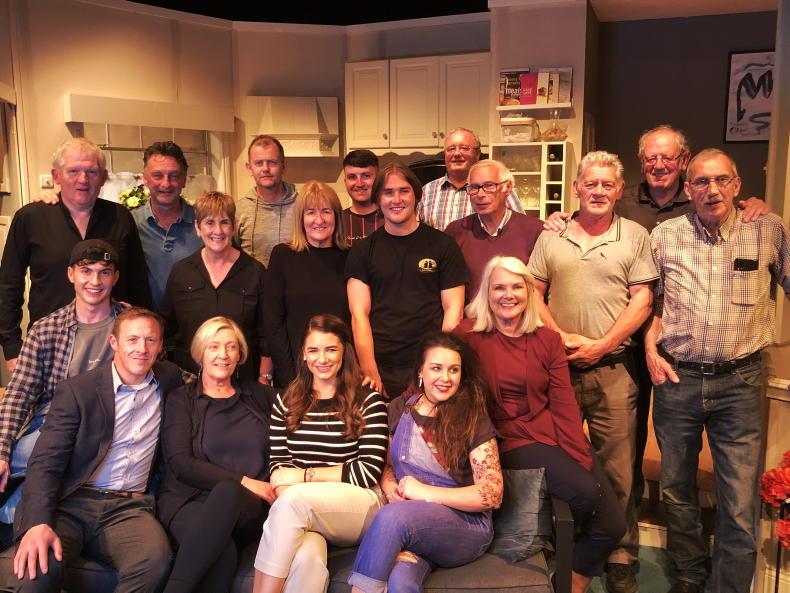
Ger Canning (front, second from the left) with the full cast and crew of Rabbit Hole.
I remember waking up on the Saturday morning of the awards saying, “I’m not going to spend today worried about tonight. I’m just going to enjoy it and I’m just going to enjoy that feeling of being alive after COVID-19.” And I was very sick with COVID-19. Having that lovely anticipation of hope, that’s what it gives you.
Rabbit Hole
When we were all off for COVID, some people were reading books, doing crosswords or quizzes, we tend to read plays. So I read probably 50 to 60 plays during COVID-19. I pulled out maybe five or six of them and said, can I get people to do this?
Once I realised I could cast Rabbit Hole I said this has to be the one. It’s a beautiful play, beautifully written.
It captures the whole essence of grief and what grief is about. How you have to allow it to take its course and pan out. Within a unit, nobody grieves at the same time or in the same way and acceptance has to come around all that as well.
Sometimes I think when I was grieving, I wish I had seen this play. Theatre can be transformative, you know.
This particular play is about a four-year-old who is knocked down and killed, how the relatives deal with that awful trauma.
In the eight festivals we did around the country, invariably people came towards us. People were crying, people were silent, people were looking to talk further, because each and all of them had had that experience.
That’s what good theatre is about, when people are moved. I solely believe in it being transformative for people in lots of different ways.
Amateur drama, it’s a phenomenal movement. It’s given me a lifetime of pleasure. The trip to Athlone was an accolade to go with that.
Read more
Brewing beer on a farm in the foothills of Croagh Patrick
Journalist turned sheep farmer stuck in the middle with ewe
My own interest in drama and the stage goes back longer than I can remember. As a small child, I used to put on plays in my grandmother’s bakehouse. They baked the bread in the morning, so the bakery was always free in the afternoon.
My brother and myself, one time we were doing it and we were charging, imagine, coming in at the door. My grandmother nearly killed us. People paid with stones after that.
That’s as far back as I go, but right through my school days I was hugely interested. I just always loved the theatre. Then I met my late husband Bill and he was very involved in theatre. It was a common interest. We always kept that going.
I look back now, my friends and myself, our kids were reared in their Moses baskets at rehearsal. It was just the norm. You brought them along and everybody looked after them.
It was just a way of life, particularly for the beginning of my married career. Bill was a dairy farmer, so we lived in rural Ireland. It was a great social outlet for us.
That’s just the way it was. It was a sense of being. I don’t know any other life, other than being involved in theatre. Now as a hobby, mind you. It’s who I am, I suppose.
Bill
Bill would have been national treasurer of Macra na Feirme and would have been involved in the Macra drama scene. Bill was in amateur drama before me with Ballyduff. He was very creative, a wonderful director, with great ideas.
He unfortunately died far too young. Bill is gone now since 2001. I gave up the drama for a while and came back into it.
Ballyduff in west Waterford is the drama group I’m in and that’s where I lived with Bill and my two children for 20 years on the farm. I’ve moved into Fermoy now.

Ger Canning.
I’m only in Fermoy with the last few years. We only sold the farm when we realised my two had no interest in it. One of them is gone professionally into the theatre.
I’ve always been involved in education. I was a teacher, a school principal and now I’m an adult education officer for Cork Education and Training Board. That allows me to develop policy around the arts. I’ve a huge interest in inclusive arts, making sure they’re open and available to everybody.
Big win
Ballyduff Drama Group, we’re part of the amateur drama circuit. You perform a play at eight different drama festivals around the country.
A couple of weeks ago, we were crowned all-Ireland drama champions for our performance of Rabbit Hole. I was the director and I won best director on the night. We also won best stage management, best stage setting and The Abbey Theatre Award.
There was a huge team involved, from actors, to stage management, set and more. When someone says it takes a village to raise a child, I say, “it takes a village to make a play.”
To tell you the truth, it actually felt surreal. There are moments in your life you don’t forget, like walking up the aisle, having your babies and I have to say, I’d put this up there. It was incredible.
The buzz in Athlone was electric and people were coming up to you saying, “I think it’s Ballyduff’s year.” We’ve been there a lot and it’s 18 years since we won last.

Ger Canning (front, second from the left) with the full cast and crew of Rabbit Hole.
I remember waking up on the Saturday morning of the awards saying, “I’m not going to spend today worried about tonight. I’m just going to enjoy it and I’m just going to enjoy that feeling of being alive after COVID-19.” And I was very sick with COVID-19. Having that lovely anticipation of hope, that’s what it gives you.
Rabbit Hole
When we were all off for COVID, some people were reading books, doing crosswords or quizzes, we tend to read plays. So I read probably 50 to 60 plays during COVID-19. I pulled out maybe five or six of them and said, can I get people to do this?
Once I realised I could cast Rabbit Hole I said this has to be the one. It’s a beautiful play, beautifully written.
It captures the whole essence of grief and what grief is about. How you have to allow it to take its course and pan out. Within a unit, nobody grieves at the same time or in the same way and acceptance has to come around all that as well.
Sometimes I think when I was grieving, I wish I had seen this play. Theatre can be transformative, you know.
This particular play is about a four-year-old who is knocked down and killed, how the relatives deal with that awful trauma.
In the eight festivals we did around the country, invariably people came towards us. People were crying, people were silent, people were looking to talk further, because each and all of them had had that experience.
That’s what good theatre is about, when people are moved. I solely believe in it being transformative for people in lots of different ways.
Amateur drama, it’s a phenomenal movement. It’s given me a lifetime of pleasure. The trip to Athlone was an accolade to go with that.
Read more
Brewing beer on a farm in the foothills of Croagh Patrick
Journalist turned sheep farmer stuck in the middle with ewe






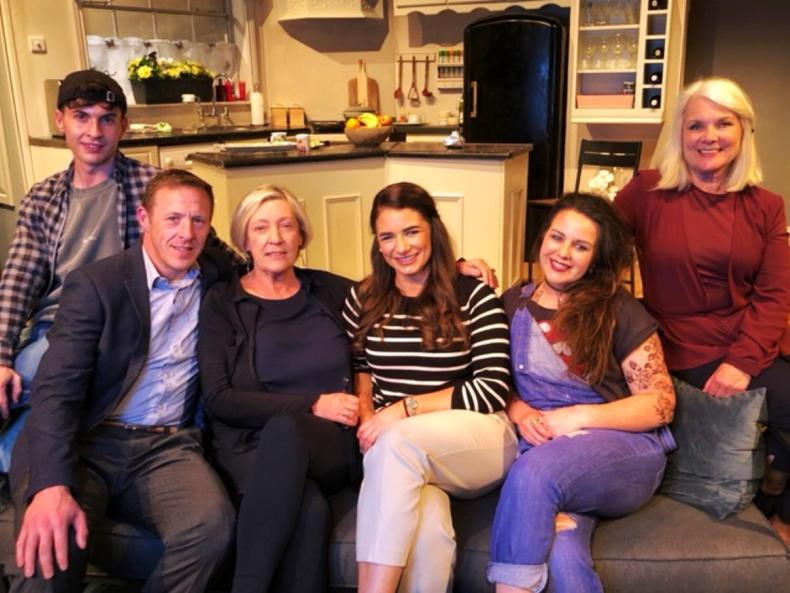
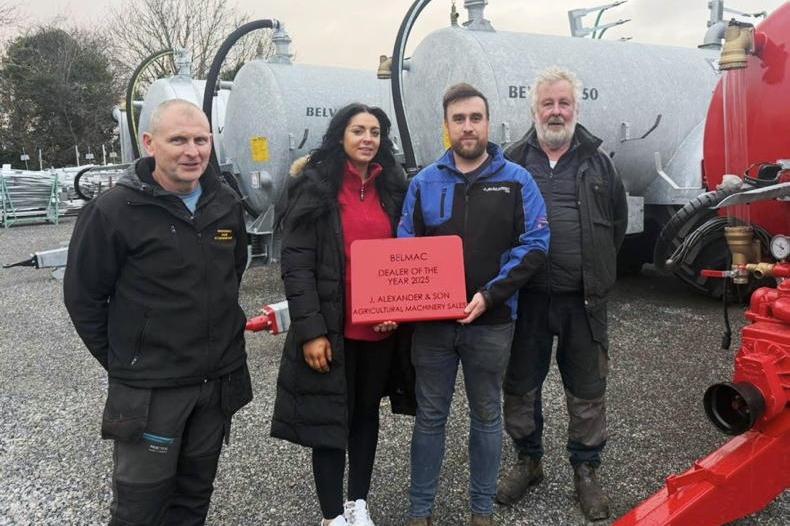
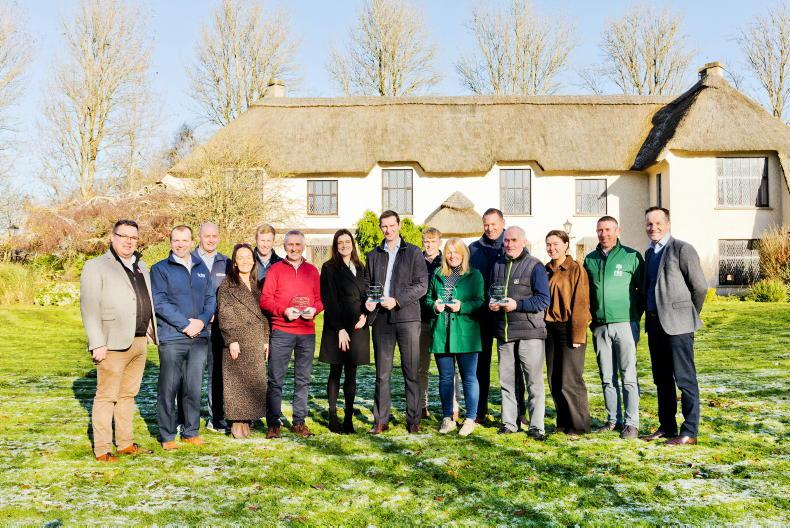
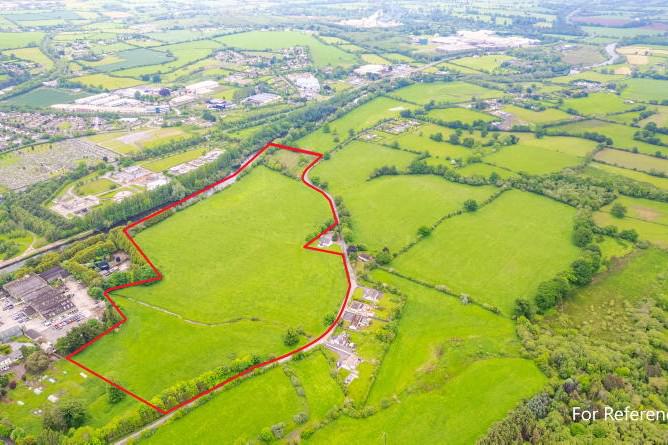
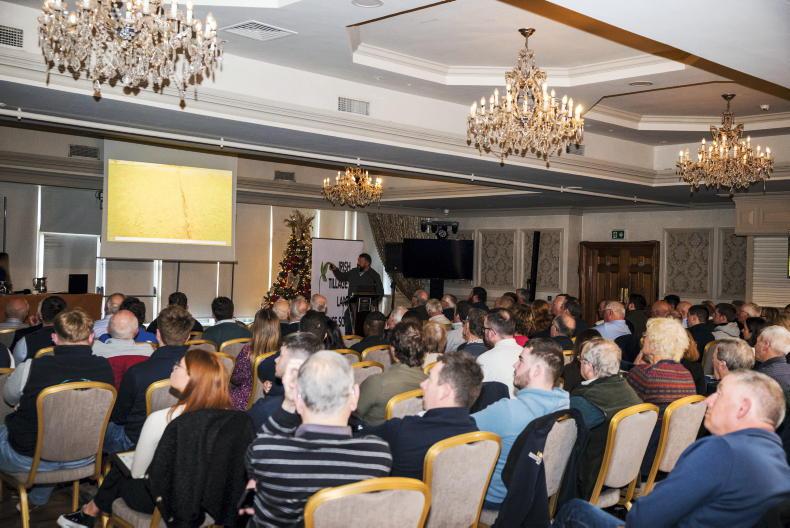
SHARING OPTIONS